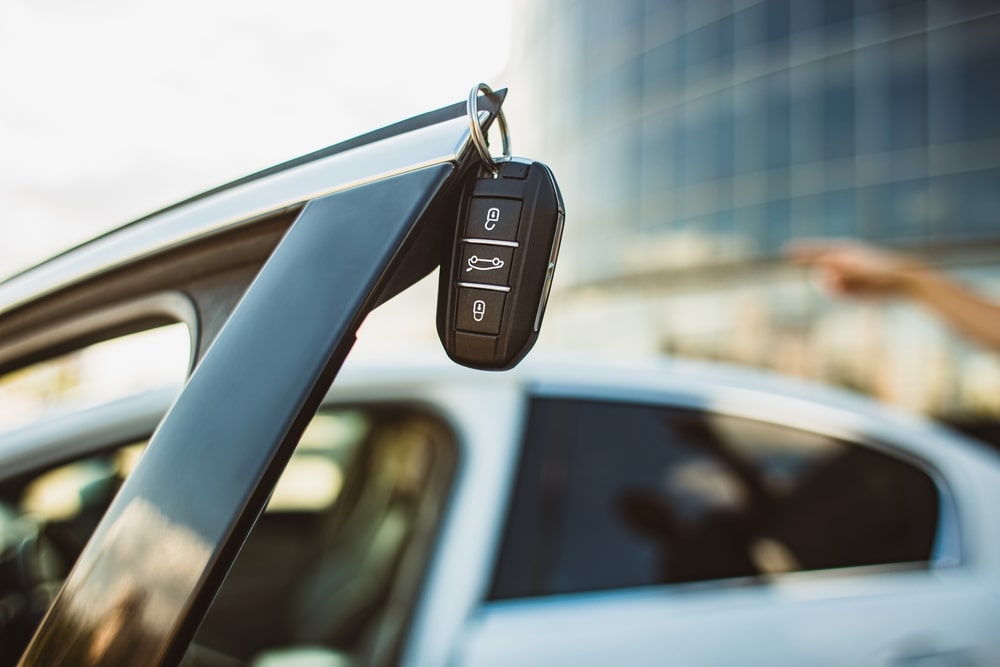Related Posts
In Massachusetts, a driver’s license represents not just the ability to operate a vehicle but also serves as a form of identification and a marker of personal responsibility. However, license suspension in the state isn’t exclusively a consequence of driving-related offenses. Massachusetts law stipulates a variety of non-driving reasons that can lead to the suspension of an individual’s driving privileges. This often comes as a surprise to residents who may not associate their driving license status with actions unrelated to vehicular operation.
One area of non-driving behavior that can result in license suspension is the failure to pay certain types of fines or fees. This includes unpaid child support, which the state takes seriously. When an individual falls behind on their mandated payments, the Registry of Motor Vehicles (RMV) may suspend their driving privileges as a way to compel compliance. Additionally, certain legal judgments unrelated to driving can also lead to a suspension.
Another non-driving reason for license suspension is tied to academic performance for younger drivers. In Massachusetts, drivers under the age of 18 are subject to license suspension if they drop out of school before graduation without an acceptable reason or if they repeatedly fail to attend school. This policy underscores the state’s commitment to education and its integration into various aspects of civic responsibility, including the privilege of holding a driver’s license.
Legal Grounds for License Suspension
In Massachusetts, a driver’s license can be suspended for various non-driving-related reasons. These grounds range from criminal offenses to failure to comply with financial or court-ordered obligations.
Criminal Offenses
Massachusetts law permits the suspension of a driver’s license for certain criminal offenses. Examples include:
- Convictions for drug offenses: Any drug conviction can result in a license suspension, regardless of whether a vehicle was involved.
- Theft or misuse of a motor vehicle: Actions involving the unauthorized use of a vehicle may lead to suspension.
Financial Responsibilities
Fulfilling financial responsibilities is crucial for maintaining a driver’s license in Massachusetts. Important points include:
- Unpaid child support: Failing to pay court-ordered child support can lead to suspension.
- Unsatisfied judgments: A license suspension can result from failing to satisfy judgments from motor vehicle accident claims.
Failure to Comply with Court Orders
Compliance with court orders is essential for keeping a driver’s license active. Notable instances of non-compliance leading to suspension are:
- Failure to appear in court: Not showing up for a court date related to a motor vehicle infraction or any criminal case.
- Failure to pay fines or fees: Non-payment of fines or fees associated with motor vehicle violations or other court-related charges can result in suspension.

The Appeal Process
When a driver’s license is suspended for non-driving-related reasons in Massachusetts, the driver has the right to file an appeal. The appeal process is formal and has specific steps that must be followed to potentially restore driving privileges.
Understanding Your Rights
Every individual has the right to appeal a license suspension in Massachusetts. They are entitled to understand the basis of the suspension and can seek counsel for license suspension appeals in Massachusetts. This counsel can provide guidance and representation throughout the appeal process.
Steps to Appeal a Suspension
The following is an outline of the steps to initiate and progress through an appeal:
- Notification Review:
It’s crucial to carefully review the suspension notice from the Massachusetts Registry of Motor Vehicles (RMV). This notice contains important information about the reason for suspension and deadlines for filing an appeal. - Request a Hearing:
- File a request for a hearing before the RMV Board of Appeals promptly.
- Hearings can be requested online or at specific RMV branches that handle suspension hearings.
- Prepare Documentation:
Collect all relevant documentation, which may include:
- Proof of identity and residency
- Legal paperwork related to the non-driving offense
- Any supporting documents that might aid in the appeal
- Legal Representation:
- Enlisting a counsel for license suspension appeals can enhance the chances of a successful appeal.
- The counsel can submit the necessary paperwork, represent the individual at the hearing, and provide a structured argument for license reinstatement.
- Attend the Hearing:
Attend the scheduled hearing with or without legal representation. At the hearing, the individual or their counsel will present the case to the RMV. - RMV Decision: After the hearing, the RMV will issue their decision. If the appeal is denied, one can seek further legal remedies or comply with the terms of the suspension until the license is eligible for reinstatement.
Potential Impacts of License Suspension
License suspension can severely disrupt an individual’s daily life, particularly in terms of employment and insurance. The consequences can be both immediate and long-lasting.
Employment Challenges
When a license is suspended in Massachusetts, individuals may find it difficult to maintain current employment if driving is inherent to their job duties. For example:
- Commercial drivers: Their CDL (Commercial Driver’s License) is crucial for their role.
- Sales professionals: May need to visit clients or attend meetings that are not accessible by public transport.
Without reliable transportation, getting to work can become a challenge, leading to tardiness or absenteeism, which may jeopardize their position. Alternative transportation may not be feasible due to:
- Lack of public transit options: Especially in suburban and rural areas.
- Increased costs: Carpooling, ridesharing, or public transit can add financial burdens.
Insurance Consequences
Following a license suspension, individuals often face increased insurance premiums. Insurers typically view drivers with a history of suspension as higher risk. Key insurance issues include:
- Insurance policy rates may rise, even double in some cases.
- Difficulty securing insurance from standard providers, sometimes requiring high-risk policies.
Drivers may have to submit an SR-22 form – a certificate of financial responsibility proving they have the minimum required insurance coverage. Insurers add this requirement for certain suspended drivers as a condition of reinstating driving privileges.
Categories: Massachusetts Laws
Previous Article Next Article
